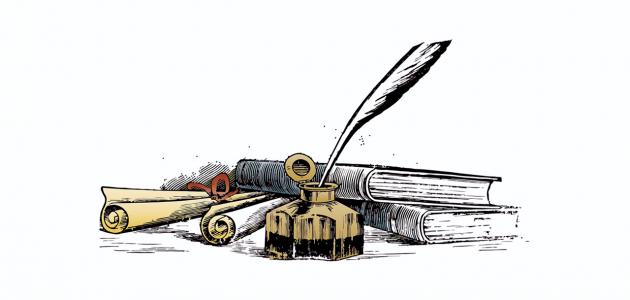concept art
Art is a human interaction aimed at creating or producing aesthetic value, or it is the creation of artistic monuments with the aim of reaching an ideal achievement of beauty. The concept of art within the craft community remained associated for a long time with productive activity and workmanship. Where the artist was considered as a craftsman or a maker, due to the creativity of both within the activity of their production, and art was not distinguished as a kind of pure creative activity away from craft or technical practices except at the beginning of the eighteenth century AD, that is, after the formation of (esthetics), which is about A philosophical study concerned with the study of art and its creations.
The philosophical significance of the concept of art
The concept of art, at the level of philosophical significance, was associated with the general industrial meaning that means production, that is, in the sense of the elaborate production of usable values and subjects within certain rules. Hence, art corresponds to the skill that can be learned and taught. In addition to this, art has been associated with aesthetic meanings that mean a productive industry for a number of topics and values. Purely aesthetic, and it is not directed to material use and profit, but is found to develop the aesthetic sense and enjoyment.
Art is a human activity, just like other activities. Since it is the work of a free and conscious human being, and it requires talent and skill, and it is distinguished as a fun work that is not subject to learning, that is, in the sense that it cannot be mastered by merely knowing its rules, and it has a sentimental and aesthetic purpose. Immanuel Kant explained that art is the product of a rational and free will, which is a phrase It is a free work that is distinguished from the knowledge that it is not subject to any systematic rules, laws, and principles. Art deviates from the usual and usual, and it is also a free activity that does not wait for gain or profit behind its achievement. As art is not considered a means, but rather an end in itself.
Read also:Essay on the importance of cooperationMartin Heidecker mentioned the origin of the artwork in his lecture, and emphasized the nature of the thing in the artistic monuments. In the linguistic effect, as for the resonance, it is evident in the musical effect, and despite this, the presence of the thing in the artistic product is not what gives it an artistic creative character, but rather what this artistic effect carries in terms of symbols, connotations, and evocation of the absent thing that is intended to be embodied. As this symbolic or representational dimension is what gives any material work an artistic character.
The linguistic significance of the concept of art
Ibn Manzhur defined art linguistically in the dictionary of Lisan al-Arab, as a noun for the act of art, or the art of something, i.e. perfecting it and making it impressive, and it is said (a man of art) meaning that he brings wonders, and it is also said that the art or art of a man with words, that is, he decorated and mastered it with verbal improvements, so art In the Arabic linguistic sense, it is beauty and perfection, and it carries the same meaning in foreign languages.
Read also:How to learn to write thoughts








